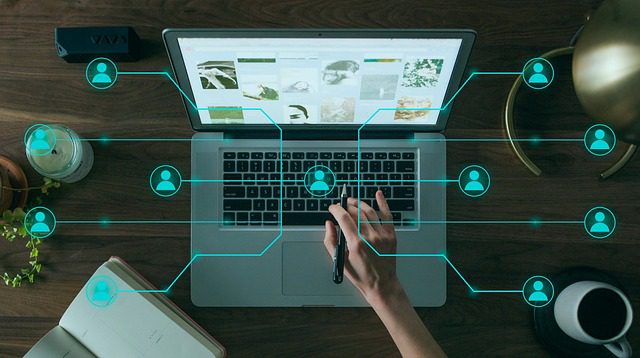As artificial intelligence (AI) evolves, it becomes a more powerful asset, but it also presents an increasing risk to security and privacy.
AI can improve the efficacy of business operations through automation, complex analytics, and technological innovation. It provides the data needed to drive decision-making.
Businesses always look for ways to increase revenue, improve insights and predictions, and streamline operations. The goal of AI, which is to simplify processes and decisions, can be achieved depending on how well AI manages to simulate real people’s behavior – the more people, the better. This contributes to AI’s many uses in business, especially when it comes to background checks, marketing, use of personal data, customer management, etc.
For example, people search tools have become much more powerful with the advent of AI, leading some to worry about how safe their personal data is and what others can do with it.
Privacy regulations are becoming critical
There is no privacy law on a federal level in the US, but the situation differs on state levels. For instance, California’s Consumer Privacy Act treats user privacy and data protection.
Businesses have to disclose AI use in their goals to collect and process data, such as internet browsing history.
They are also advised to address clarity and transparency regarding AI-generated insight that people might not grasp easily, such as insight into behavior or cognitive models that can emerge through data analysis.
The wealth of data that AI harnesses comes from multiple sources, which would imply a requirement for strong security practices and data protection. If a third party is responsible for AI processing, they and their employer or client should ensure compliance with regulatory requirements to protect the data and use it safely.
Under the California Privacy Act, consumers are entitled to understand AI, machine learning, and other decision-making technologies and be able to opt out of them. It’s important to handle data from multiple sources very carefully.
The risks
Imagine two people with almost identical personal details merged into a single record by mistake. A company risks doing a background check on the wrong person or sending an offer to someone erroneously. This might constitute a legal violation.
Perhaps the other person agreed to receive the offer or have their data collected, but this person no longer exists from the viewpoint of the harmonized data.
Data privacy in the European Union
The EU’s General Data Protection Regulation (GDPR) offers broad protection of personal data and privacy. More specifically, Article 22 addresses profiling, including the use of AI, and Article 15 looks at individuals’ rights to access data. Privacy regulations often mention “automated decision-making” in relation to AI.
What can you do to protect your data?
Beyond legal protection, there are steps people and businesses can take to protect their data from AI. Companies can add AI to their database governance strategy and allocate resources to AI monitoring, security, privacy, and product development.
Other measures to protect privacy include improving data hygiene and giving users more control. One should only collect the types of data needed to generate insight and keep it safe. When it’s no longer needed, it should be deleted.
Users should be aware if someone is using their data and if AI is being used to make decisions that affect them. They must be allowed to opt out of this use.
Developers working on new AI-based solutions should use representative, accurate, and fair datasets.
If possible, AI algorithms should ensure and guarantee each other’s quality via a system of checks and balances.
Finally, one can minimize algorithmic bias by providing broad and inclusive datasets.






